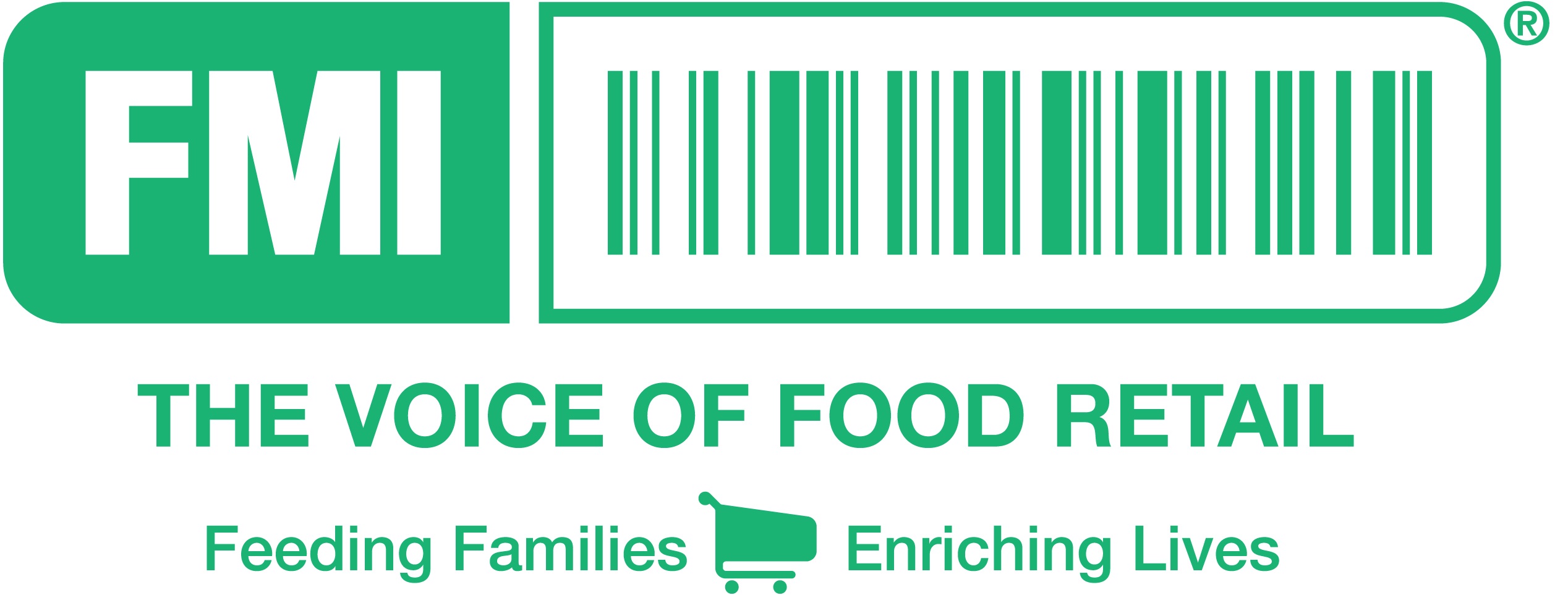In our experience, the most critical supply-chain challenges— despite years of efforts and often significant investments—are lack of transparency due to inconsistent or even unavailable data, high proportion of manual (paper) work, lack of interoperability, and limited information on the product’s lifecycle or transport history. In many cases, blockchain applications can counter these inefficiencies and add new value.
Blockchain was first deployed commercially about four years ago in the financial-services industry to make trade/claims settlements and international payments more secure and efficient. More recently, other industries, including retail and consumer goods, are piloting blockchain applications. By leveraging the technology’s decentralized cloud database, which records data in non-changeable blocks that can be shared with any number of players, global players like Walmart or Carrefour intend to increase transparency and drive value at every step of the supply chain.




